Saving money, helping the environment and being healthy can sometimes all easily come together.
Apparently, I’m not alone in my thinking. The Environmental Working Group reports that, “Kleen Kanteen,” a California company which produces stainless steel water bottles, did $2.5 million in sales last year and projects $15 million in 2008.
I researched then purchased a pair of these 40 ounce containers on Amazon. After several washings with baking soda to remove the metallic taste, I couldn’t be happier with them for the following three reasons:
Money:
What do I need to say? Turn on the tap and refrigerate until ready to use. A $17 reusable unlined stainless steel water container can save you hundreds of dollars a year with very little effort. Here in Hawaii nothing more is needed with our wonderful water. At home elsewhere, various inexpensive means of water filtration is the way to go.
Environment:
Every year, nearly 2 million barrels of oil are used just to produce plastic water bottles. Transporting bottled water burns far more oil.
Nearly 90 percent of plastic water bottles are not recycled and end up in landfills.
Health:
Plastic bottles (including expensive Nalgene) water bottles likely leach small amounts of chemicals, including dangerous Bisphenol A, into the water. Good sense and everything I read tells me that consuming food or drink in plastic isn’t ever the best choice.
Here are some reasons to avoid bottled water, according to National Resources Defense Council:
- Bottled water regulations are inadequate to assure consumers of either purity or safety.
- FDA is not responsible for safety of waters that are packaged and sold within the same state, which accounts for between 60 and 70 percent of all bottled water sold.
- Bottled waters are subject to less rigorous testing and purity standards than those which apply to tap water. Bottled water is tested less frequently than city tap water for bacteria and chemical contaminants. Bottled water rules allow for some contamination by E. coli or fecal coliform, contrary to tap water rules.
- Bottled water need not be disinfected or tested for parasites such as cryptosporidium or giardia, unlike the tap water. This leaves open the possibility that some bottled water may present a health threat.
Let me know if you decide to join me in tossing away the plastic bottles. Now I’m off to take the last couple of years’ worth of plastic water bottles to recycling!


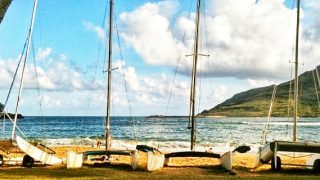
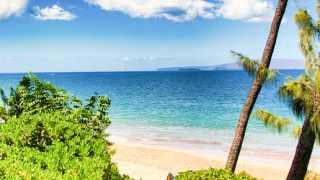
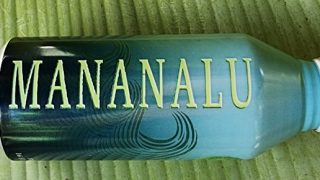
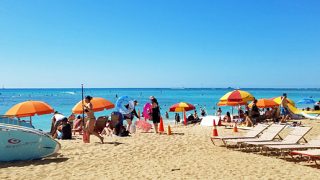
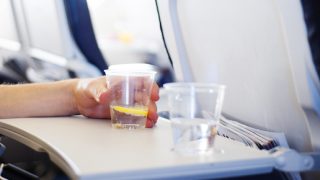
I know that everyone is really positive about Klean Kanteen but there’s an alternative as well that is less expensive, and allows you to buy for the entire family. I’ve been using the cynergreen bottles and their kids line. My kids love them and we travel often so they can clip them to their backpacks, empty of course until we get on the plane. Southwest has been really great about filling them up for us!
Their website is http://www.cynergreen.com
Thanks for your comment Robert. But yes you can. You can take any water bottle on airplanes. Just have them empty at the TSA check point. We’ve done it many times, and have suggested it before. Once past security, fill-er-up and go.
Well, its a good idea, however you can’t take them on airplanes.
Thanks for your tip “jkiel.”
I’m going to try that today. I knew not to freeze it with the bottle full, as that would wreck it.
Jeff
I put a bit of water in mine and freeze it overnight, then add more ice and water to take to work. It’s great!